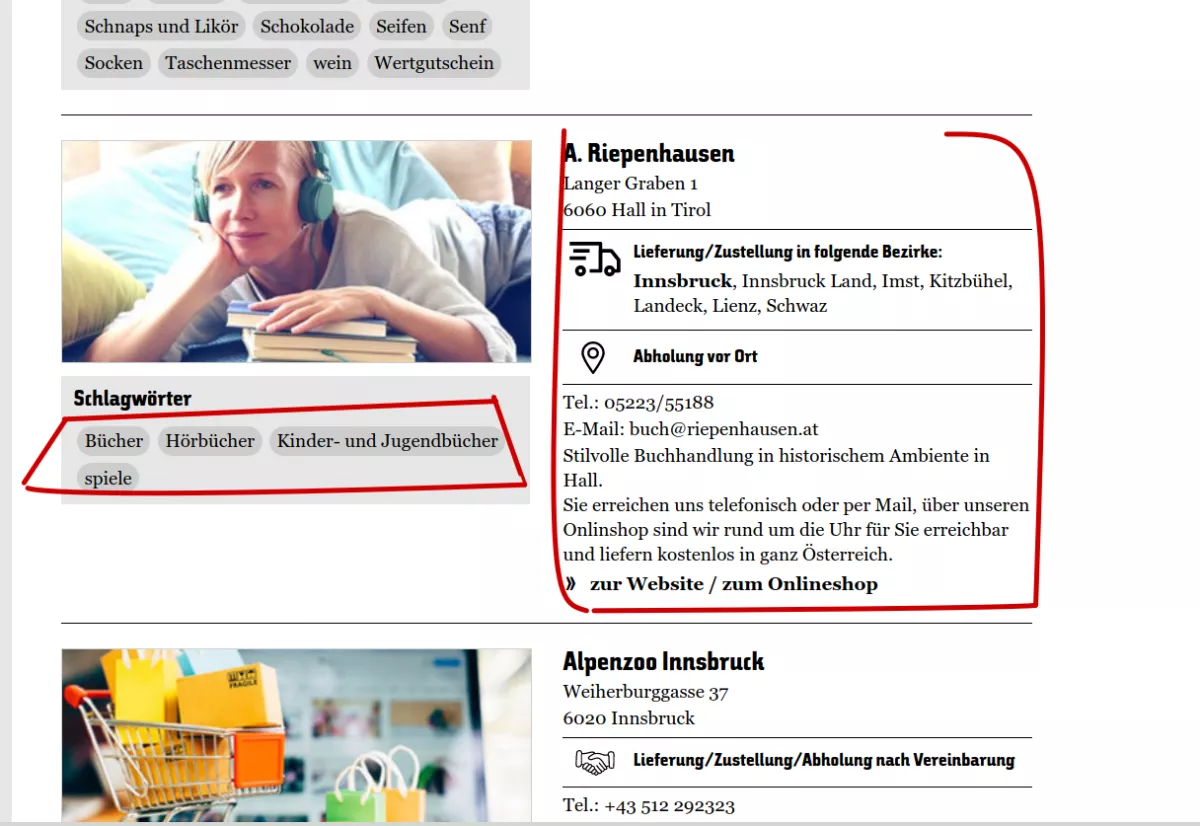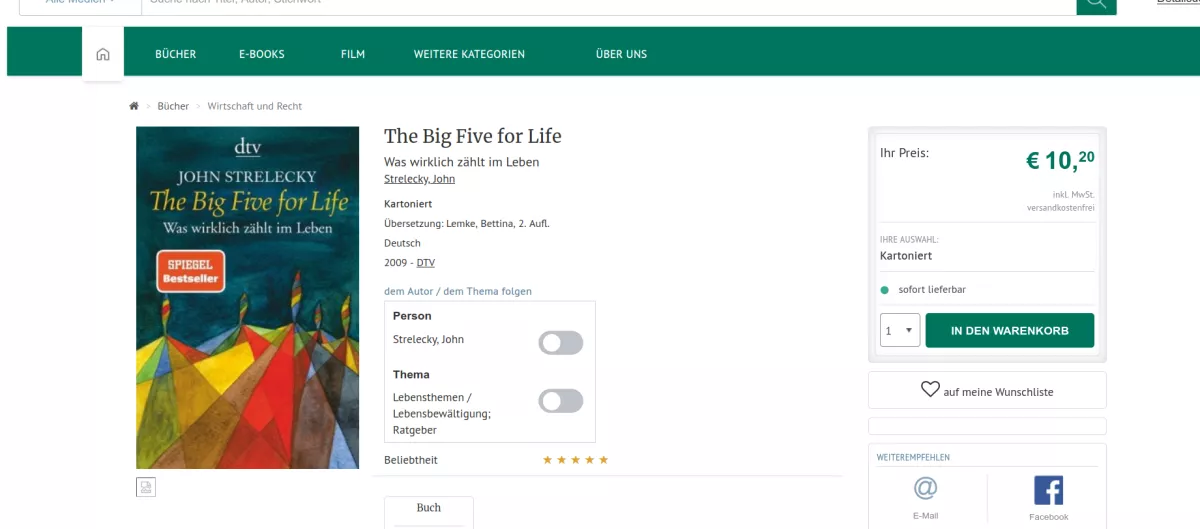
Förderjahr 2018 / Stipendien Call #13 / ProjektID: 3451 / Projekt: Dialogical Access to Lightweight Semantic Web Services
"Cool!", my friend sitting across me said. "I was thinking about how I can buy a book, but now I see there is an online store for Tyrolean local businesses.". Normally, just being able to buy a book would not be that exciting, but we are not really in normal times right now. The COVID-19 pandemic has changed our lives in ways that our generation could not imagine. More than two weeks now I and my flatmate have been self-isolating ourselves. As someone who worries about not only the virus but also the harm, it would make to the small businesses in my region, this online shop idea really piqued my interest. It was not too much later that my flatmate came back to me but, this time a bit frustrated: "How can I find anything in this online shop?".
I realized this was a very good question, as soon as I took a look at this online shop, I immediately realized he had every right to be frustrated. The online shop was just a list of businesses classified according to their sectors. There was no product list, no price comparison... nothing but contact information, a website (if it even exists) and some keywords regarding the products and services of the local business. My friend - expectedly - gave up on his search and started looking for alternatives like Amazon. A Tyrolean business lost a potential customer that could be very valuable in these hard times, even though they were in the "online shop".

This situation is actually not very surprising. The Tyrolean government's good intention was to make businesses visible online so that the impact of the pandemic is lower. However, they did not have much choice. Many of the local businesses do not have online stores, and for the ones that do, it is practically impossible to provide a backend integration for each online store.
When I first started to think about what to write in my blog post, I was going to report on the progress of my thesis and some technical details. Then I realized, this situation is a great opportunity to demonstrate the potential impact of semantic technologies and consequently my research. Not many researchers get to do that.
How could semantics help? Well, first of all, the products can be made visible. Here is the online shop for the Riepenhausen bookstore. The books, their prices even the online shopping facility... It is all there. However, for an aggregator like the Tyrolean shop, there is no way to understand in a scalable way, what a product and its price are on this website.

If the product page had a schema.org annotation like below embedded in the page, a crawler could easily collect the product information by extracting the schema.org annotations on a registered website and publish it on the Tyrolean shop. This way my flatmate could search for the book he wanted with its title, author and price, and would not be forced to go through hundreds of websites listed based just a keyword. Another step further, the shopping engine can be also annotated and attached to the book annotation, allowing the customers to directly buy the book on the handler's web site, redirected from the Tyrolean shop.
{
"@context": "http://schema.org/",
"@type": "Book",
"image": "https://multimedia.knv.de/cover/20/91/59/2091598200001Z.jpg",
"name": "The Big Five for Life",
"author": {
"@type": "Person",
"name": "John Strelecky"
},
"bookFormat": "Kartoniert",
"datePublished": "2009",
"inLanguage": "Deutsch",
"isbn": "978-3-423-34528-6 ",
"offers": {
"@context": "http://schema.org/",
"@type": "Offer",
"priceCurrency": "EUR",
"url": "https://riepenhausen.buchkatalog.at/product/1752214/Buecher_Wirtschaft-und-Recht/John-Strelecky/The-Big-Five-for-Life",
"price": "10.20",
"availability": "http://schema.org/InStock"
},
"publisher": "DTV"
}Providing such annotations for products on websites is a small investment with a high return, considering the plethora of tooling around for providing annotations, including the tools we produced for our research. Hopefully, my soon completed dissertation will also contribute immensely to these set of methods and tools to help to save the Tyrolean economy. We are in a dire situation, but here is still hope for Tyrolean local business to stay visible in these times with the power of semantic technologies.




